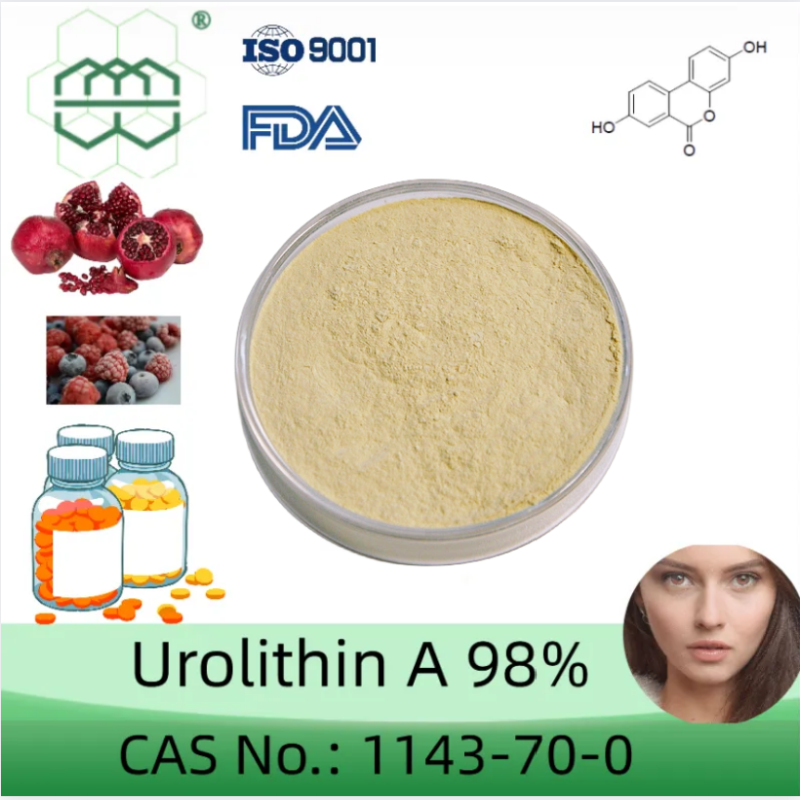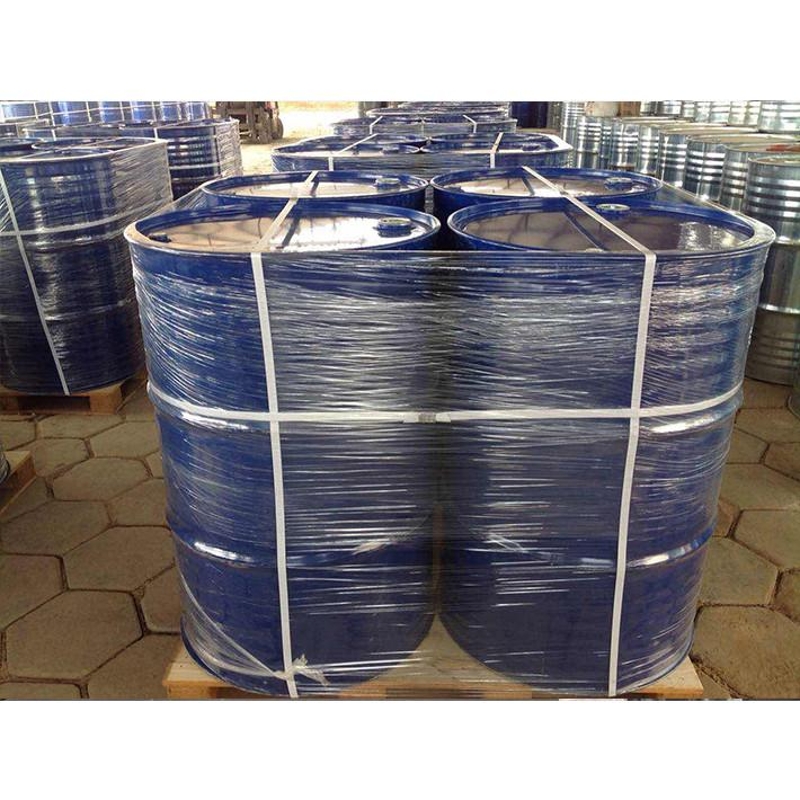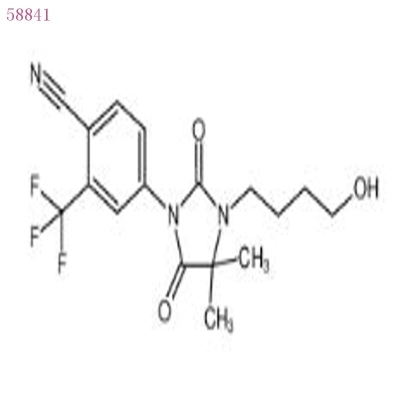-
Categories
-
Pharmaceutical Intermediates
-
Active Pharmaceutical Ingredients
-
Food Additives
- Industrial Coatings
- Agrochemicals
- Dyes and Pigments
- Surfactant
- Flavors and Fragrances
- Chemical Reagents
- Catalyst and Auxiliary
- Natural Products
- Inorganic Chemistry
-
Organic Chemistry
-
Biochemical Engineering
- Analytical Chemistry
-
Cosmetic Ingredient
- Water Treatment Chemical
-
Pharmaceutical Intermediates
Promotion
ECHEMI Mall
Wholesale
Weekly Price
Exhibition
News
-
Trade Service
From farmland to dining table, ordinary consumers often have no way of knowing what a bowl of rice and a dish have gone through
The organic certification of organic products gives us a safe passage.
However, a reporter recently found on Taobao.
Taobao online organic food logo casually
Search on Taobao with the keyword "organic/green food label (sticker)", and you can easily find the store that makes it
The reporter selected one of the stores with high sales and high praise for inquiries
During the dialogue with the seller, when the reporter asked if it was necessary to provide the relevant certification results before printing, the seller replied directly without any need, as long as the product needs to be posted
During the exchange, when the reporter asked whether there was an organic code to provide, the other party said that there was no, but said that if the reporter could provide a sample, it could be printed, so don't worry about it
The process of placing an order is also very smooth.
Not only is it publicity that it can be labeled as "organic food", the reporter also contacted several sellers who make labels on Taobao.
The word "organic" cannot be called casually
According to relevant national regulations, the word "organic" cannot appear on product packaging casually
The reporter saw at a fruit wholesale market in Dashi, Panyu District, that several stalls were selling so-called "organic apples" and "organic papayas".
According to the "Organic Product Certification Management Measures" of the General Administration of Quality Supervision, Inspection and Quarantine of the People's Republic of China, without organic product certification, the words "organic", "ORGANIC" and other words and words such as "ORGANIC" and other words that may mislead the public to believe that the product is an organic product shall not be marked on the product label.
Last year, the State Administration of Food and Drug Administration issued the "Measures for Investigation and Punishment of Food Safety Fraud (Draft for Comment)", which stipulates violations such as fraud in food production and operation, labeling and instruction fraud, and food publicity fraud
Overdue certification, counterfeiting, and missing logo chaos are prominent
In fact, the chaos of organic certification logos we see is not an isolated phenomenon
Deng Yuhong, deputy director of the Nutrition Department of the Second Affiliated Hospital of Guangzhou Medical University, introduced that these situations will also occur in the production process.
Some time ago, the China Food and Agricultural Products Certification Information System issued a reminder that the Holle Organic Infant Spelt Wheat Grain Powder, Holle Organic Infant Semolina Cereal Flour (country of origin: Germany), the organic certification has expired on September 6, 2017
Are the grey areas forced out by strict new regulations?
In the interview with reporters, industry experts said that in 2012, the government began to use Mengyao to control various chaos in the organic food certification market.
") officially implemented
.
The consensus in the industry is that after this round of revisions, China's organic product supervision system is the most stringent
.
"The level of strictness is no less than that of the European Union," Deng Yuhong said
.
Dong Xuefeng believes that with stricter supervision, organic certification and licensing agencies have a bottom line, and they only want to spend money to buy an organic certification, which is basically blocked
.
"One product, one code" is an important improvement of the new regulations: that is, organic food not only needs to have an organic logo when it is sold, but also has a unique organic code corresponding to it, which can trace the production and circulation process of the product
.
And the organic logo should be issued according to the quantity
.
However, the strict "Administrative Measures" is also a double-edged sword
.
The stringent new standards for organic certification have led to soaring costs.
"We now cost about 100,000 yuan a year to do organic certification," said the person in charge of an organic farm
.
Organic certification has to be done every year, and different vegetable varieties have to be done separately.
This is definitely a lot of money, and naturally, those small farms with weak strength are blocked from the organic door
.
More farms are moving into gray areas and operating without licenses, which puts the integrity of producers and consumers under greater test
.
The mainstream view in the organic farming community is that the scale of real organic farming companies will not be too large, and organic farming is not a capital take-all
.
"Large-scale plots are not suitable for organic production
.
" said Du Xiangge, director of the Organic Agriculture Technology Research Center of China Agricultural University.
The production unit of organic agriculture needs a moderate scale.
From the perspective of management costs, operating benefits and conforming to organic norms as much as possible, planting 500 mu of vegetables is a hurdle, field crops are 5,000 mu, and tea gardens should not exceed 1,000 mu
.
The reason is that when the area of organic planting is too large, the risk of pests and diseases will also increase.
Once the pests and diseases spread, it is impossible to deal with and control the pests according to the operation method of organic planting; moreover, it is difficult to completely follow the organic planting specifications.
to manage
.
Of course, our organic market is improving as a whole.
In Dong Xuefeng's view, the organic practitioners he contacts are also working hard for standardization
.
Zhu Yi, an associate professor at China Agricultural University, once said that the new version of the "Administrative Measures for Organic Product Certification" will bring unprecedented pressure on small and medium farmers and enterprises, and the industry will face reshuffle.
It is beneficial to improve the overall level of the industry
.
Reminder: Don't just look at the label when buying organic products
In order to ensure the traceability of organic products, CNCA requires certification agencies to issue certification marks to enterprises that have obtained organic product certification or allow organic production enterprises to print organic product certification marks on product labels.
Each certification mark has a unique code, which consists of 17 digits, including 3 digits for the certification body code, 2 digits for the year code of the certification mark, 12 digits for the random code issued by the certification mark, and requires the addition of "organic code" before the 17 digits.
three words
.
The organic code of each organic logo needs to be submitted to the "China Food and Agricultural Products Certification Information System" (website http://food.
cnca.
cn), and any individual can find the corresponding organic logo on the website.
Organic product name, certificate number, certified company and other information
.
The "China Food and Agricultural Products Certification Information System" reminds that due to the high price and the complicated certification and quality control procedures, the marketing channels of organic products are different from those of ordinary products.
It is recommended that consumers go to organic product stores, large shopping malls and supermarkets to buy organic products.
products, try not to buy organic products from farmers markets, wholesale markets, or untrustworthy websites
.







